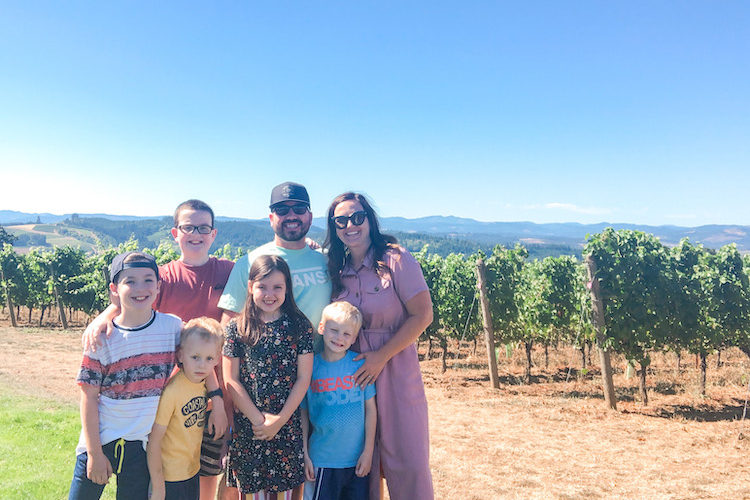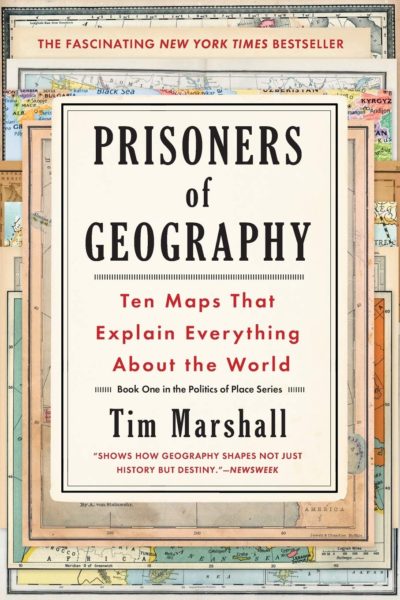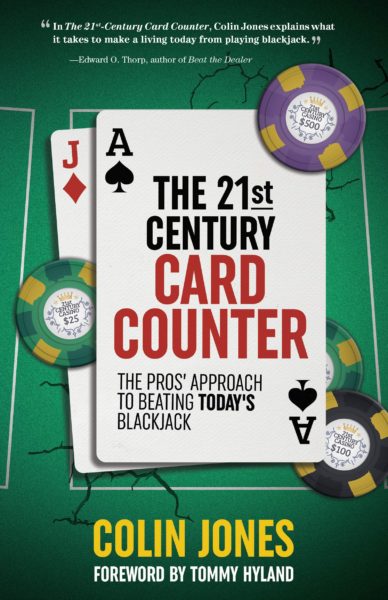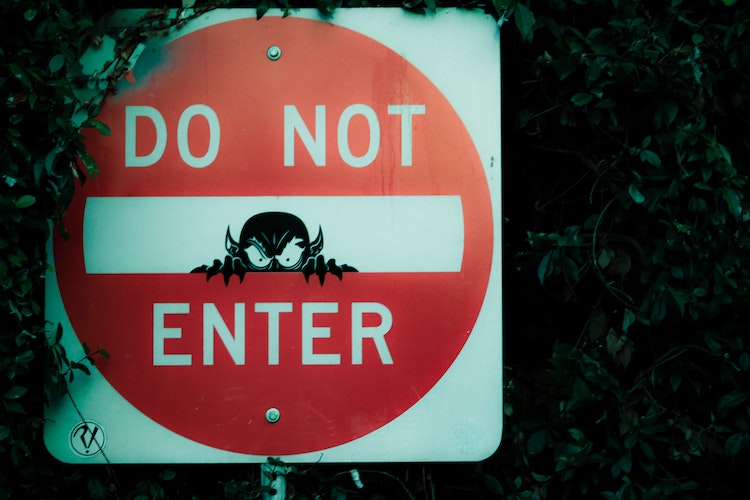Life is in the Transitions
Just when I thought this year couldn’t get any crazier, my wife and I spent last night checking our evacuation status. Oregon—along with much of the west coast—is burning in unprecedented ways. It was the first time we began preparing supplies to actually flee our home. Many people have already had to do just this. I even saw a notice on Amazon today that I’ve never seen before: “Extended delivery time due to weather in your area.”
Really 2020? At some point we wonder when a sense of normal will ever return. Here is some good news for you: you don’t need to wait for normal.
As I shared recently, our family is moving back to Arizona (see: Family Update). That means we are in the middle of one of the biggest unexpected life transitions we’ve yet experienced. But 2020 has reminded us that ALL OF US are in the process of transitions.
(more…)








